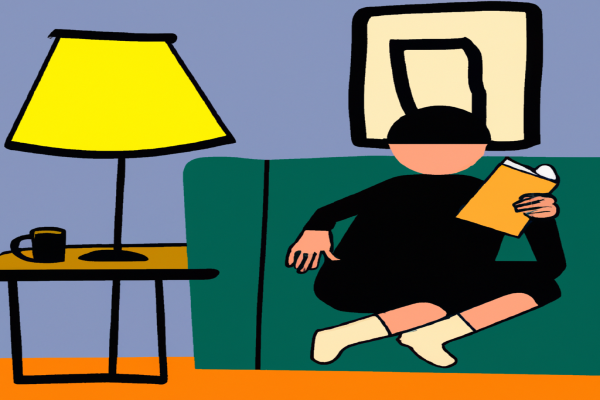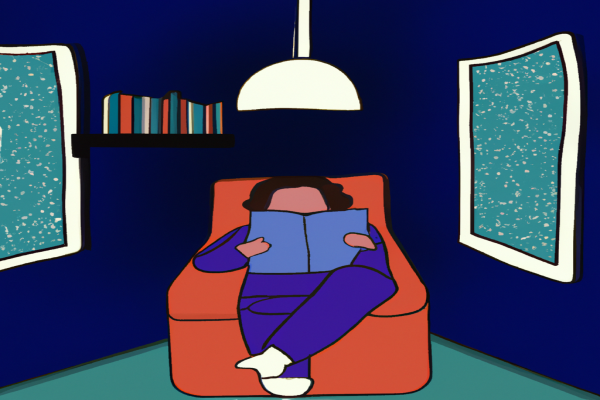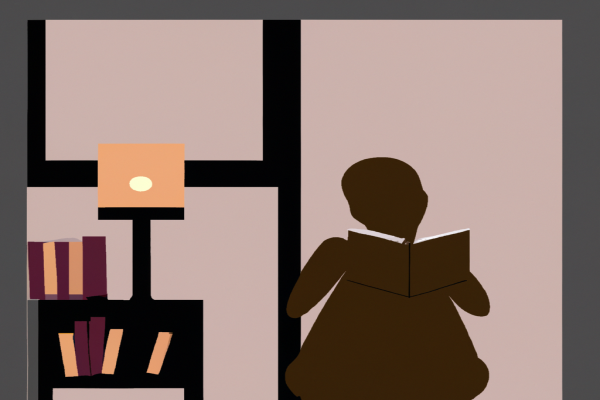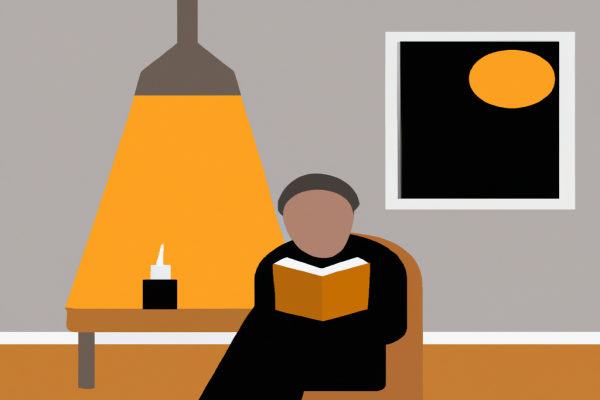The Bell Jar: Summary
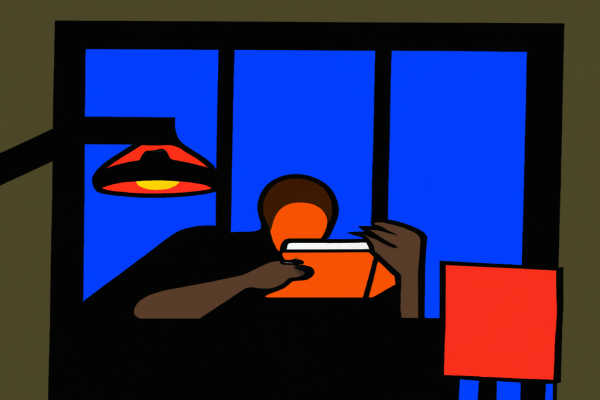
The Bell Jar is a novel by Sylvia Plath that follows the story of Esther Greenwood, a young woman living in 1950s America. After winning a writing contest and visiting New York City, Esther begins to feel overwhelmed and lost. As she struggles to reconcile her expectations and reality, she descends into a deep depression. She attempts suicide multiple times and eventually seeks treatment in a mental hospital, where she slowly recovers and discovers newfound inner strength. Throughout the novel, Plath paints an honest portrait of what it's like to suffer from mental illness while trying to make sense of the world around you.
Want to know more?
What is The Bell Jar about?
The Bell Jar is a novel by Sylvia Plath that tells the story of Esther Greenwood, an ambitious young woman in the 1950s who struggles with mental illness. The novel explores themes of identity, mental illness, oppression, and societal expectations on women. Esther's journey to accepting herself and her circumstances ultimately leads to a battle for control over her own life and destiny. The novel also discusses topics such as gender roles, modernity, and the power of creativity in the face of challenge. These underlying themes are explored throughout the narrative as Esther navigates her inner world and outer reality.
The Bell Jar: Book Club Questions
- What was the most important theme in The Bell Jar?
- How did Esther's mental illness affect her relationships with those around her?
- What did Esther learn about herself and society during her breakdown?
- In what ways does the setting of The Bell Jar contribute to its themes?
- What were the various coping strategies Esther used in response to her mental illness?
- Does the ending of The Bell Jar provide closure for Esther's story?
- How does The Bell Jar reflect on gender roles and expectations in the 1950s?
- In what ways does The Bell Jar challenge traditional views of mental health and recovery?
- How does Sylvia Plath's own experiences inform the narrative of The Bell Jar?
- What can readers take away from The Bell Jar about living with mental illness today?
What to say about The Bell Jar
- The Bell Jar is an incredible example of the power of literature to capture the inner turmoil of mental illness.
- The novel's exploration of the gender politics of 1950s America was ahead of its time.
- Plath's poetic prose is especially evocative in The Bell Jar, creating vivid and intense imagery.
- Through Esther's struggles, readers can gain a deeper understanding of depression and its effects on an individual and their relationships.
- The Bell Jar is a strikingly honest and candid account of one young woman's journey through mental illness.
- Plath masterfully captures the nuances of Esther's thoughts and emotions, allowing the reader to feel her pain and confusion first-hand.
- The narrative in The Bell Jar highlights how even seemingly minor events can have a profound effect on our lives and mental health.
- Despite its difficult subject matter, Plath infuses The Bell Jar with wit and humor to offset the darkness of Esther's experience.
- It is remarkable how Plath manages to weave together themes of mental illness, identity, feminism, and existentialism into a single cohesive narrative.
- The Bell Jar provides a unique insight into the psychological landscape of those suffering from mental illness, exploring both the internal and external struggles endured by an individual afflicted with depression or anxiety disorder
Top 5 Quotes from The Bell Jar
- "I took a deep breath and listened to the old brag of my heart. I am, I am, I am."
- "I saw my life branching out before me like the green fig tree in the story. From the tip of every branch, like a fat purple fig, a wonderful future beckoned and winked at me."
- "If neurotic is wanting two mutually exclusive things at one and the same time, then I'm neurotic as hell. I'll be flying back and forth between one mutually exclusive thing and another for the rest of my days."
- "The silence depressed me. It wasn't the silence of silence. It was my own silence."
- "It was as though some mysterious all-knowing master had given me a quiz on The Bell Jar and I had flunked."
Adaptations of The Bell Jar
1. The Bell Jar (1979) - A movie adaptation of Sylvia Plath's novel, starring Marilyn Hassett in the lead role. 2. The Bell Jar (2003) - A BBC radio play adaptation of the novel, starring Juliet Stevenson as Esther Greenwood and Miranda Richardson as her mother. 3. The Bell Jar (2015) - A feature-length film adaptation, produced by IFC Films and directed by Kirsten Dunst. Starring Dakota Fanning as Esther Greenwood and Sharon Stone as her mother. 4. The Bell Jar (2019) - A podcast adaptation of the novel produced by Audible Originals in which Jenny Slate stars as Esther Greenwood and Julie Kavner as her mother. 5. The Bell Jar: An Interactive Immersive Experience (2020) - An immersive theatrical production created by New York-based theater company The Riot Group, with a cast of all-female actors playing multiple roles in a live performance version of the novel.
Other books by Sylvia Plath
- Ariel
- The Colossus and Other Poems
- Crossing the Water
- Winter Trees
- Johnny Panic and the Bible of Dreams and Other Prose Writings
- The Journals of Sylvia Plath
- Collected Poems
Did you know?
The Bell Jar was the only novel published by Sylvia Plath during her lifetime.

